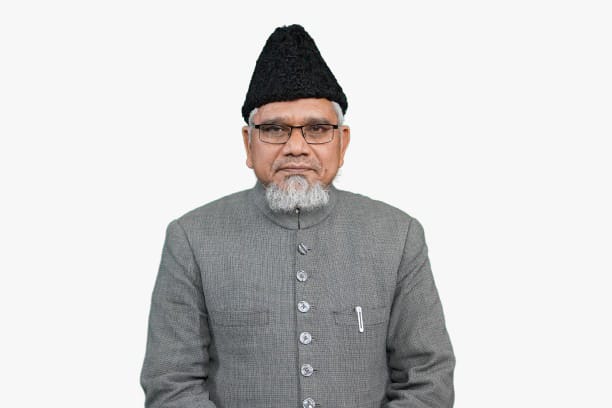New Delhi: In a significant legal move, Jamaat-e-Islami Hind (JIH) has filed a writ petition before the Hon’ble Supreme Court of India challenging the constitutional validity of the Waqf (Amendment) Act, 2025. The petition, titled Mohammad Salim & Ors. vs. Union of India, has been filed by Prof. Salim Engineer, Vice President of JIH, alongside senior Jamaat members Maulana Shafi Madani and Inam ur Rahman.
The petition contends that the new law violates fundamental rights and undermines the essence of waqf properties as religious, charitable, and community-owned institutions. JIH seeks to have the amendments struck down as unconstitutional, citing violations of Articles 14, 15, 16, 25, 26, and 300A of the Indian Constitution.
Key Issues Highlighted in the Petition:
1. Violation of Fundamental Rights:
The amended Act imposes arbitrary conditions for creating waqf, such as requiring the dedicator to prove Islamic practice for five years—an exclusionary clause with no basis in Islamic law. It risks sidelining women, reverts, and genuine contributors, infringing on Articles 15 and 25 which ensure freedom of religion and protection from discrimination.
2. Undermining of Waqf Board Autonomy:
The Act dissolves elected Waqf Boards and replaces them with government-appointed bodies, potentially including non-Muslims and individuals lacking Islamic legal knowledge. By removing the requirement for the CEO of the Board to be Muslim, the amendment strips the community of its right to manage its religious affairs, breaching Article 26.
3. Arbitrary Seizure of Waqf Properties:
The newly added Section 3D declares waqf properties located within ASI-protected monuments as void, disregarding their religious relevance. This provision negates the protective framework of the 1958 Ancient Monuments Act for waqf institutions, while enabling encroachers to gain waqf land through retrospective application of the Limitation Act, 1963—threatening the very existence of Muslim charitable assets.
4. Lack of Community Consultation:
Despite its wide-ranging impact, the legislation was rushed through with last-minute inclusions like Sections 3D and 3E via suspension of procedural norms. JIH representatives who presented objections before the Joint Parliamentary Committee found their concerns completely ignored—an affront to democratic engagement and participatory governance.
Additional Legal Grounds:
The petition argues that the Act eliminates the concept of waqf by user—recognized in the Babri Masjid judgment—by insisting on documentary proof. It prioritizes government records over historical usage, contradicting rulings in Lal Shah Baba Dargah, Sheikh Yusuf Chawla, and Ramjas Foundation, which affirm that religious endowments should be judged by community practice, not bureaucratic entries.
Jamaat-e-Islami Hind reaffirms that waqf is central to Islamic faith, charity, and India’s pluralistic fabric. The weakening of its religious and community-based structure is not only unconstitutional but also deeply unjust. JIH urges civil society, legal experts, and justice-loving citizens to oppose this legislative overreach and support this crucial constitutional battle.




